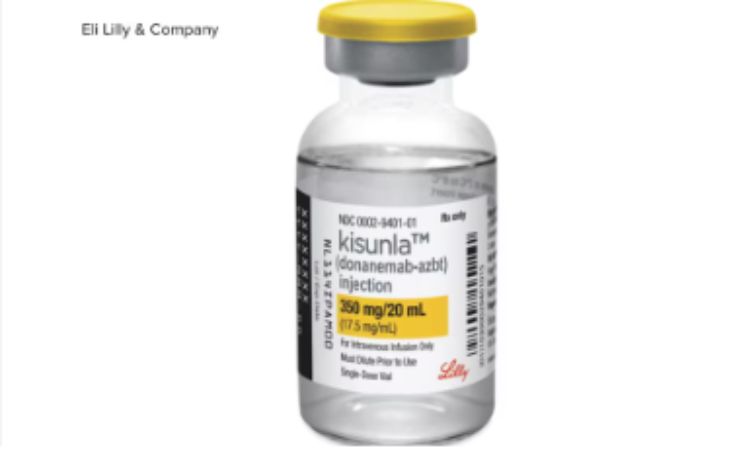'It Gives Hope': FDA Approves New Drug To Fight Alzheimer's
Jul 4, 2024 / GMT+6
On Tuesday, the Food and Drug Administration approved a new drug, prompting optimism among doctors about the future of combating Alzheimer's disease. The drug, known as donanemab, has demonstrated its capability to eliminate the amyloid proteins in the brain that contribute to Alzheimer's disease.
This week, an announcement from the Food and Drug Administration (FDA) is sparking hope for families impacted by Alzheimer’s disease.
On Tuesday, the FDA finally approved Eli Lilly's drug, donanemab, long-awaited by many. Trials indicate the drug, branded as Kisunla, slows Alzheimer’s progression by 35% by targeting amyloid plaque, a key feature of the disease.
Despite potential life-threatening side effects like brain swelling and bleeding, Alzheimer’s family advocates across Minnesota and the nation embrace this development. "It continues to offer hope," remarked Kanada Yazbek from Ramsey, Minnesota.
Yazbek, named 2024 Advocate of the Year by the Alzheimer’s Impact Movement, was diagnosed with Mild Cognitive Impairment (MCI) at 41. She's the seventh in her extended family to face MCI or Alzheimer’s. Yazbek told KARE 11’s Karla Hult that announcements like this offer real hope to families like hers.
"Before the last drug approval, it had been 30 years without anything. When we got that approval, my 12-year-old asked, 'Does this mean you'll live longer?' That's exactly what it means. It means longer lives and better quality of life," Yazbek said on her 50th birthday last Wednesday.
Experts frequently suggest that the future treatment for Alzheimer’s could resemble a "cocktail" of medications, similar to HIV/AIDS treatment today. Advocates believe donanemab and similar drugs may play a crucial role in this broader strategy.







